QuickLogic
Microcontroller Boards
KiCad
Qomu
An MCU + eFPGA dev kit with 100% vendor-supported open source tools that fits inside your USB port
Funding ended on Mar 18, 2021 at 04:59 PM PDT.
QuickLogic
Microcontroller Boards
KiCad
Funding ended on Mar 18, 2021 at 04:59 PM PDT.
Meet Qomu, the latest in the *omu family of devices that fit inside you USB port. What’s different about Qomu? It’s not just an MCU, it’s not just an FPGA — it’s a complete SoC that fits inside a USB port. Qomu is differentiated by its vendor-supported open source tooling -– even the FPGA tools. The Qomu dev kit is the most capable tiny USB device, featuring QuickLogic’s EOS S3 multicore MCU + eFPGA SoC and its suite of 100% open source tools, including Zephyr, FreeRTOS, nMigen, SymbiFlow, and Renode.
The QuickLogic EOS S3 SoC on Qomu integrates an Arm® Cortex®-M4F MCU and an embedded FPGA (eFPGA), which means you can seamlessly blend firmware with gateware. Whether you need an accelerated machine learning classifier or glue logic for a new peripheral, the EOS S3 SoC puts you in control of making fine-grained design tradeoffs. Qomu is the perfect EOS S3 dev kit to get started — slot it into any USB Type-A port and take your project development with you everywhere you go.
Target Qomu’s eFPGA with SymbiFlow 100% open source tools for synthesis, place and route, and bitstream generation. Many example applications and gateware are available to try out completely free. And you don’t need to be a Verilog expert to use the eFPGA; in addition to standard Verilog support with SymbiFlow, Qomu supports nMigen for a Python-to-FPGA design flow. Both Zephyr and FreeRTOS real-time embedded operating systems support Qomu, and full device simulation is available with Renode.
Not only is the Qomu board itself open hardware, it was designed in the open source EDA platform, KiCad. Full KiCad project source files and Gerber files will be available our GitHub repository.
An injection-molded case intended to hold the board in the correct position for excellent USB contact and port fit is being adapted from those used in other *omu devices. Sean Cross (xobs) with Sutajio Kosagi is managing the process, as he has done for all other *omu boards thus far. Prototypes have been manufactured, and they are looking good.
Each Qomu comes with a case. The Qomu case is derived from the exact same mold that was used on Tomu and Fomu. The photo below is of the 3D printed case. Production cases will be with clear plastic.
| Qomu | Fomu | Tomu | QuickFeather | |
|---|---|---|---|---|
| Open Source | ||||
| PCB | Yes | Yes | Yes | Yes |
| Case | Yes | Yes | Yes | N/A |
| Bootloader | Yes | Yes | Yes | Yes |
| Software Support | ||||
| FPGA Tooling | SymbiFlow | nexpnr, SymbiFlow | n/a | SymbiFlow |
| Vendor-supported FPGA Tools | SymbiFlow | None | n/a | SymbiFlow |
| RTOS | Zephyr, FreeRTOS | n/a | Zephyr | Zephyr, FreeRTOS |
| Emulation | Renode | None | n/a | Renode |
| Physical | ||||
| Inputs | Four pads | Four pads | Four pads | 2 Push buttons (User, Reset) |
| Outputs | Three LEDs (R, G, B) | One RGB LED | Two LEDs | One RGB LED |
| GPIO | None | None | None | 20 Feather-defined + 13 additional |
| Fits in USB port | Yes | Yes | Yes | No |
| USB Interface | Softcore | Softcore | Built-in | Softcore |
| Other Interfaces | N/A | N/A | N/A | SWD connector, UART, I²C, I²S, SPI |
| Specs | ||||
| Main chip | EOS S3 | ICE40UP5K | EFM32HG309 | EOS S3 |
| CPU | Arm Cortex M4F | N/A | Arm Cortex M0+ | Arm Cortex M4F |
| Speed | 80 MHz | 12 MHz | 25 MHz | 80 MHz |
| RAM | 512 KB + 8 KB eFPGA block RAM | 128 kB | 8 kB | 512 KB + 8 KB eFPGA block RAM |
| Flash | 16 Mb | 2 MB | 64 kB | 16 Mb |
| LUTs | 891 LC ~ 2400 LUT4 | 5280 | N/A | 891 LC ~ 2400 LUT4 |
| Clock | 32.768 kHz XTAL + programmable clock | 48 MHz crystal | N/A | 32.768 kHz XTAL + programmable clock |
Both Qomu boards and the injection-molded cases have gone through multiple prototyping revisions, have had parts sourced, and are now production-ready. They’ll be produced by trusted and tested manufacturers who are prepared to deliver on-time in large quantites.
Shipping to the US costs $8 per Qomu order, regardless of the quantity you purchase.
Shipping internationally costs $16 per Qomu order, regardless of the quantity you purchase.
All orders will be shipped by Crowd Supply via their logistics partner, Mouser Electronics. For more information, you can refer to this useful guide to ordering, paying, and shipping. You can confirm and update your order details and more in your Crowd Supply account.
Qomu hardware has been verified, prototypes have been made, parts have been sourced, and trusted manufacturers have been tapped. So the risk level of the project is low. Of course, there is always a chance that the COVID-19 pandemic would slow shipping down and delay the delivery timeline. If such a thing does occur, backers will be notified via project updates.
Produced by QuickLogic in San Jose, CA.
Sold and shipped by Crowd Supply.
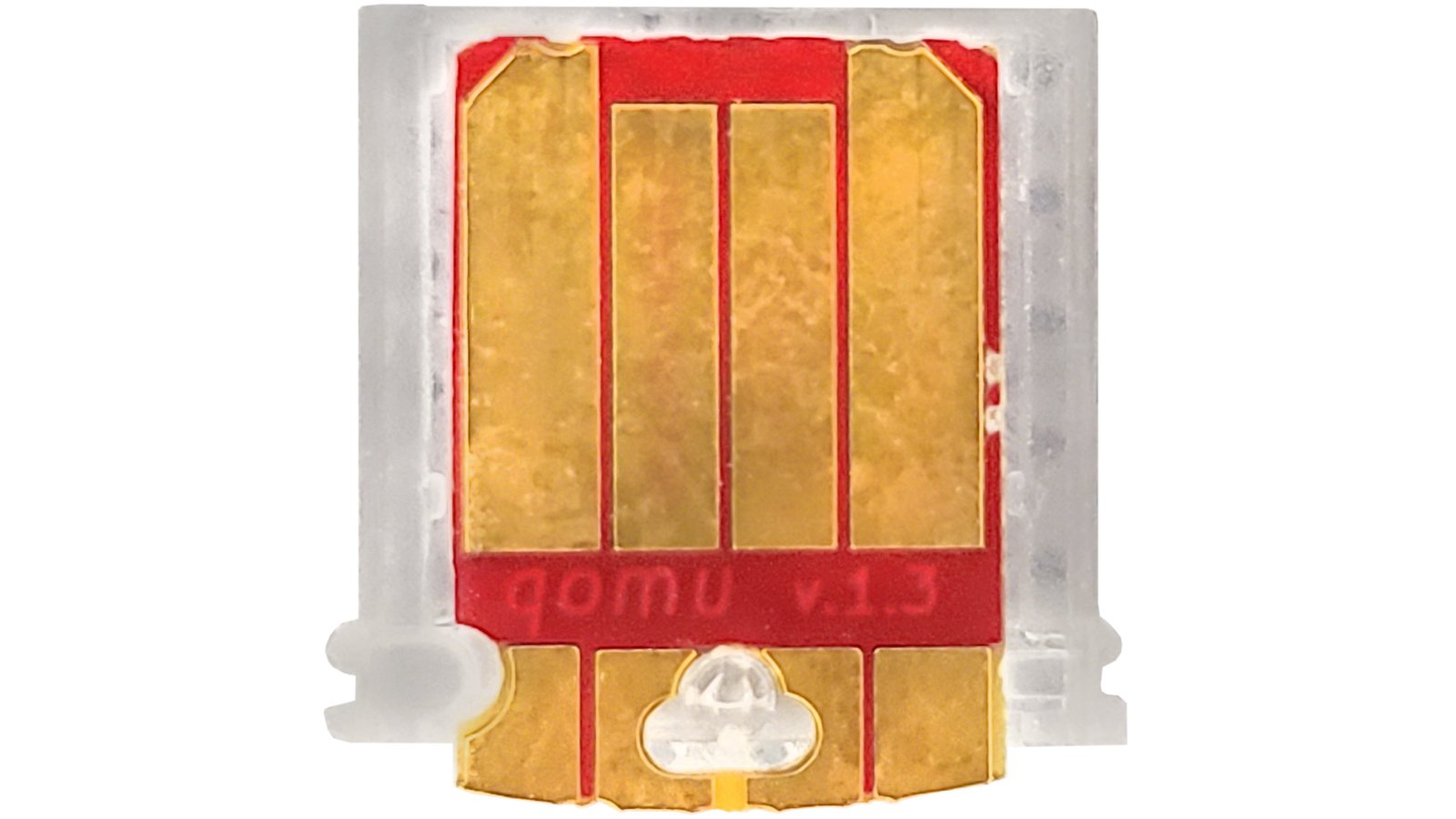
One Qomu with injection-molded case.
Want to buy this item? Check the current project page for the latest information.
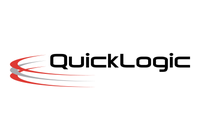
San Jose, CA · quicklogic.com
We are a fabless semiconductor company that develops low-power, multi-core MCU, FPGAs, and embedded FPGA intellectual property (IP), voice and sensor processing.
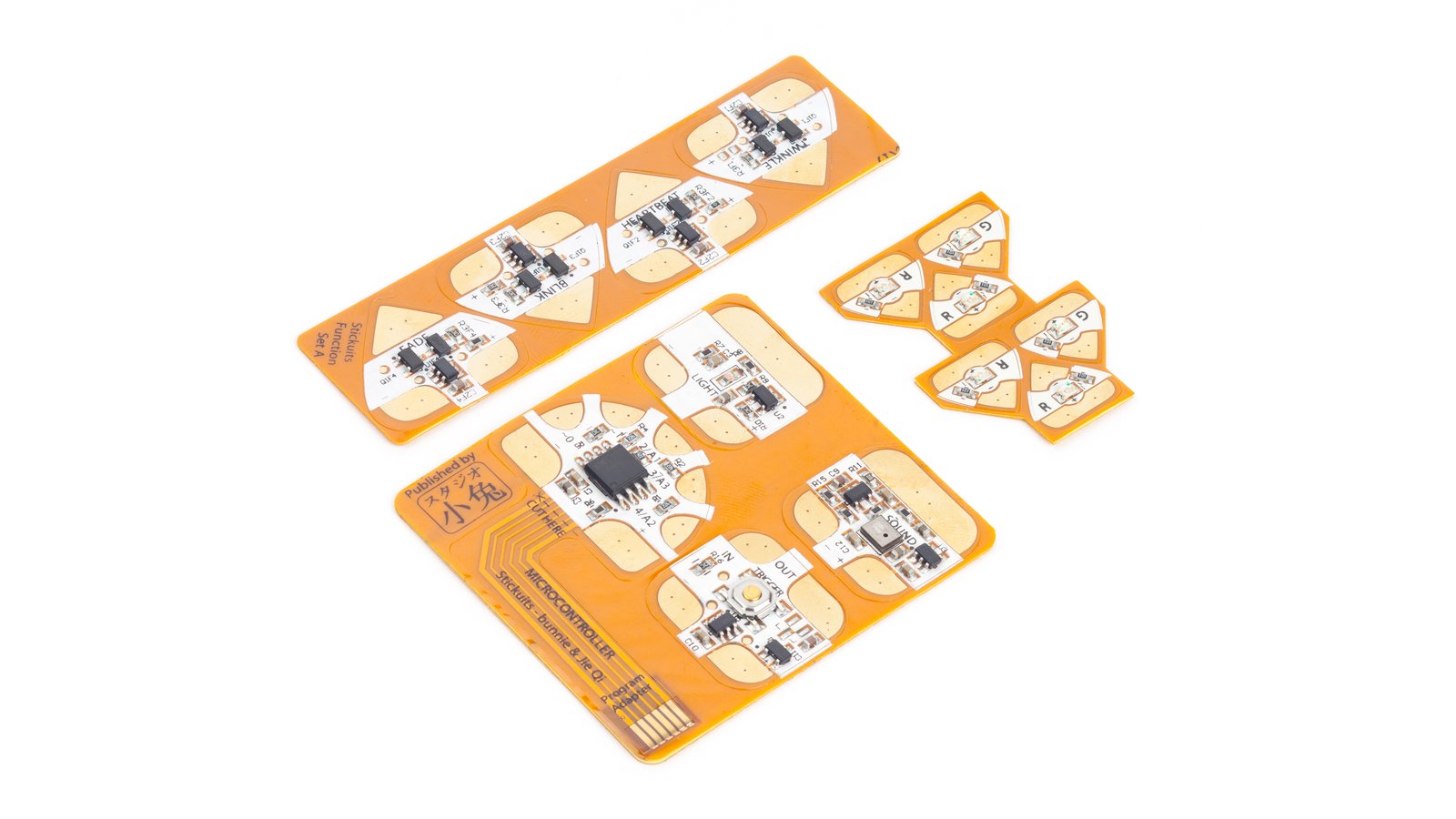
Circuit Stickers are peel-and-stick electronics for crafting circuits. Use them to add electronics to any sticker-friendly surface: paper, fabric, plastic, the sky's the limit!
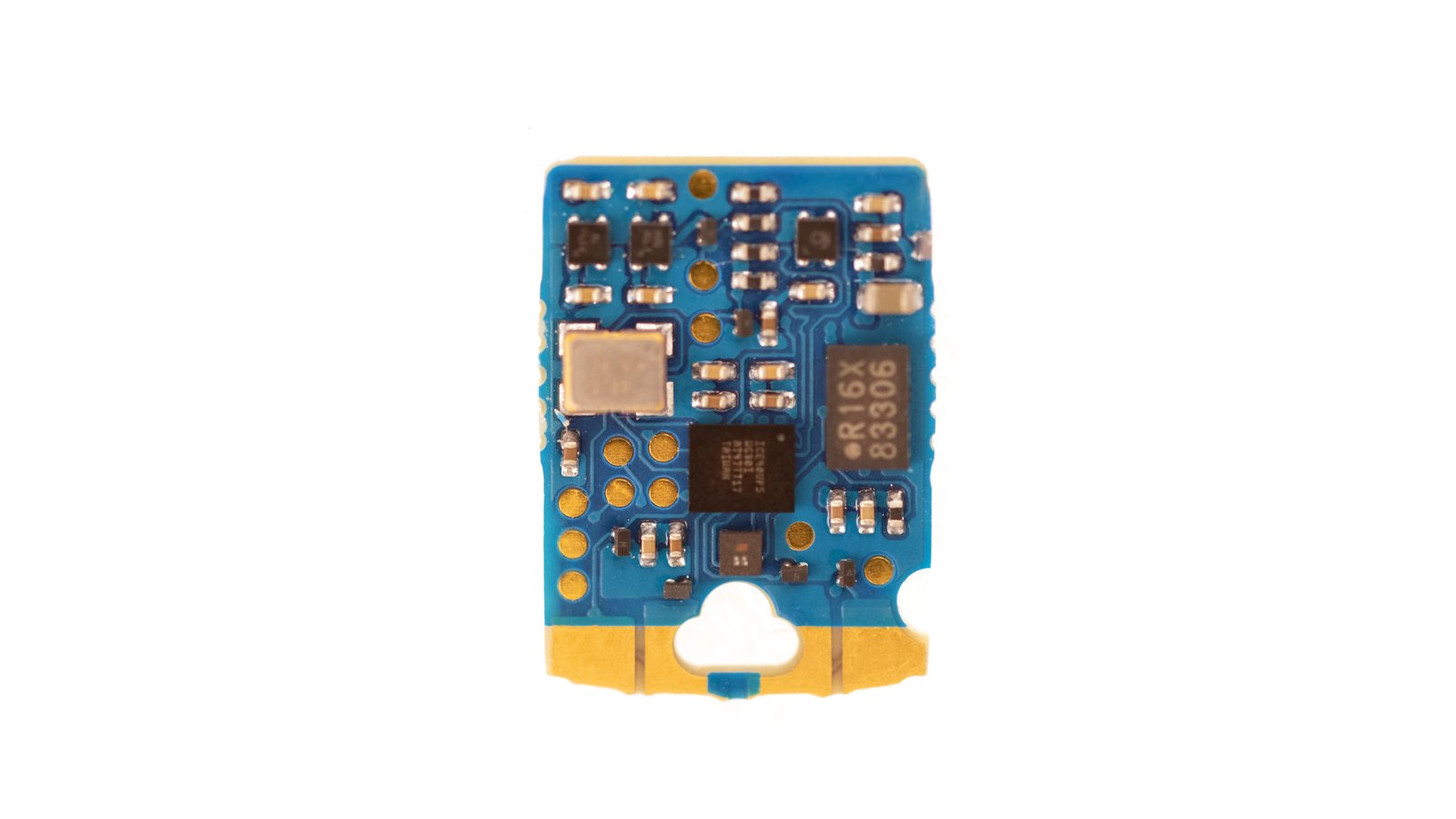
An FPGA board that fits inside your USB port
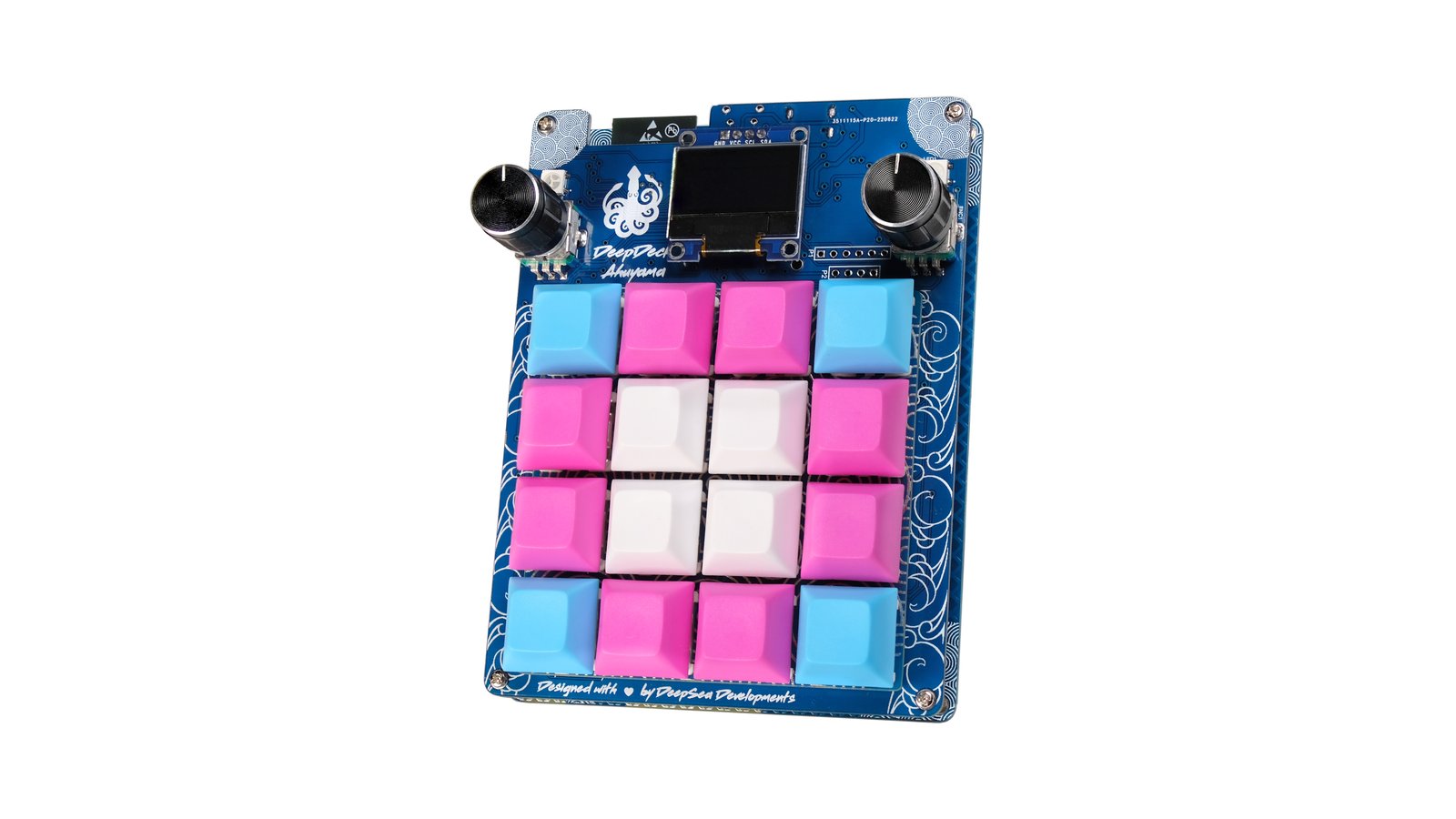
Wireless, fully programmable, open source, ESP32 macropad featuring 16 RGB, mechanical, hot-swappable keys and two RGB rotary encoders